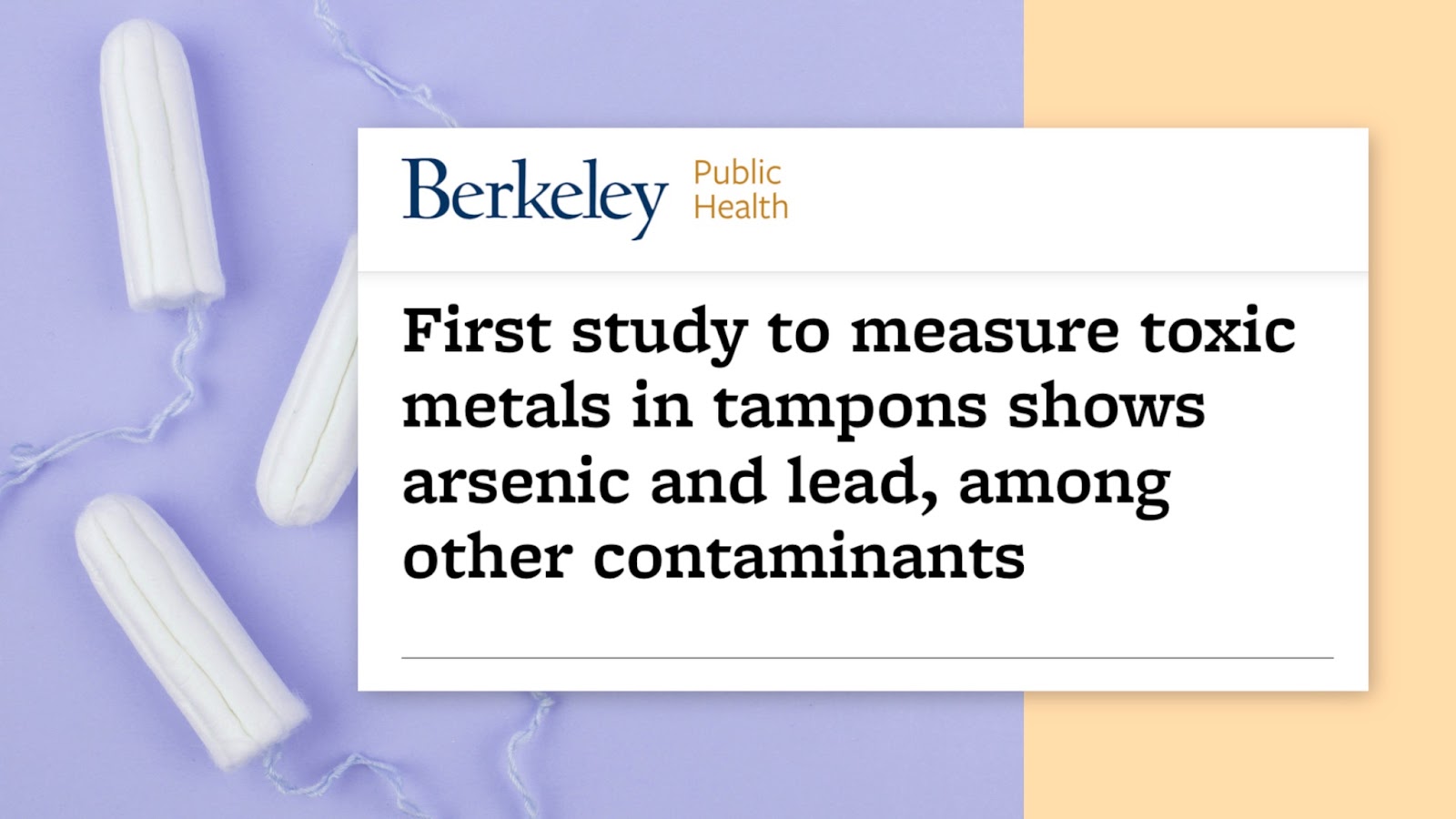Welcome back to the Doctor Rich channel! Why is weight gain such a struggle for so many women with polycystic ovarian syndrome (or PCOS)? And what are some healthy ways to get weight under control? We’re going to talk about diet, medication, and supplements. Stick around till the end to find out my recommendation for the optimal PCOS weight loss regimen.
Don’t have time to read this post? Watch the video here instead!
So what is polycystic ovarian syndrome (or PCOS), and how is it diagnosed? Check out our primer video here! And just to be clear, weight loss isn’t always the right choice for polycystic ovarian syndrome. There are two variations. One is normal weight PCOS — in which case it can actually have a negative health impact to lose weight (if you’re already normal weight). And then there’s what’s called obesity-induced PCOS, which is an insulin-resistant state.
Now when we eat, we take in a combination of proteins, fats, and carbohydrates. Carbohydrates are made up of sugars, starches, and fiber. When sugars and starches are consumed, they are converted to glucose by the body — and glucose is the energy source for all cellular processes in the body. Insulin is a chemical that’s made by the pancreas, and that allows glucose to be bound and then transferred into the cells so the cells can process it.
PCOS itself is an insulin-resistant state. Because PCOS patients are insulin-resistant, they have a breakdown in this normal process — and more of these sugars are stored as fat and patients end up having weight gain.
So the cornerstone for ALL weight loss should be diet. Medication should be considered a last resort. We think about it; medication is really what’s on the end of your fork — and we should always focus on a balanced, nutrient-rich diet. The standard American diet (or the SAD diet), has resulted in an obesity epidemic — it’s not just patients with polycystic ovarian syndrome! And this is a result of a system where all of the restaurants, all of the food industry, is really designed in a capitalistic way to get you to buy more food, buy more of their food more often!
So the goal is to create addiction by adding (frankly) toxic levels of sugar and salt into foods to create a dopamine result! This creates an addiction that gets you to go back and eat more of the food with no concerted effort on nutrition or nutritional value or to be healthy.
The goal is to get repeat consumers — not to make you healthy!
There’s no diet that’s perfect for everybody. But for polycystic ovarian syndrome specifically — there’s data that supports a high fiber, a low-glycemic carb index, low saturated fat, and a low-calorie diet.
So in the past on this channel, we’ve generally talked about certain diets being healthy choices — so a predominantly vegetarian diet (Mediterranean diet) that derives protein from fish with healthy omega-3 fatty acids and lean protein.
We’ve also talked about the endometriosis diet being a “no red meat” or “a low-red meat diet.”
Interestingly — for PCOS — there’s data that favors consumption of red meat for weight loss in PCOS. We mentioned earlier that carbohydrates are made up of sugars, starches, and fiber.
You’ve probably also heard that carbs are bad…
Carbohydrates are processed in a different way by the body. There’s actually a glycemic index or a scale (I think it goes from 1-100). The “100” are pure sugar. That creates a huge insulin spike. And most of that ends up getting stored in the body as fat. These are fast-metabolizing carbs compared to slow carbs — or slow-metabolizing carbs — which are down in the 20s.
Examples of these would be:
sweet potatoes,
chickpeas,
whole grain bread,
and lentils.
Fast carbs (at the higher end of the glycemic index) include:
white rice,
white bread,
pure sugar — candies or anything like that.
Remember — diets have to be sustainable! Everything’s about proportionality, and everything’s about baby steps. So if you could just cut out candies and sugar seven days of the week to start — we’re going to continue to make progress.
[Outtake of Doctor Rich pausing to think about what he just said]:
Did I say seven days of the week?
Producer [offscreen]:
Mm-hmm!
Doctor Rich [laughing]:
What the #%$&!?
[sarcastically] So in your eIghT dAy wEeK…
[serious video resumes]
So if you can cut out sugars, candies, cookies (etc.) five days of the week — that’s a great place to start!
As far as exercise regimens — that’s all over the map. Suffice, just say if you do 30 minutes of exercise five days a week (aerobic exercise) — that’s going to put you on the right track.
What about medication? Well, Metformin (or Glucophage) has long been used in polycystic ovarian syndrome. Metformin is a diabetes drug. It’s FDA-approved as an insulin sensitizer. Metformin also causes the secretion of enzymes that directly suppress appetite — and it creates better gut flora.
So Metformin is the main drug that’s used in PCOS — although there are other newer drugs: Liraglutide in adolescents and Semaglutide in adults.
And what about supplements?
So omega-3 fatty acid supplementation has been shown to have some benefit for weight loss in PCOS. Vitamin D supplementation (with probiotics) can be helpful — as that also lowers male hormone (testosterone). And it also improves anxiety and depression — which can be cofactors in weight gain with polycystic ovarian syndrome.
And my number one choice is myo-inositol. Myo-inositol is structurally similar to glucose. It causes insulin sensitivity, and — specifically for PCOS — there’s good-quality evidence that shows that it causes weight loss.
PCOS is a very common condition. 5-15% of women struggle with this daily. If you found this video helpful — or you know someone who might — please share and turn on your notifications.




